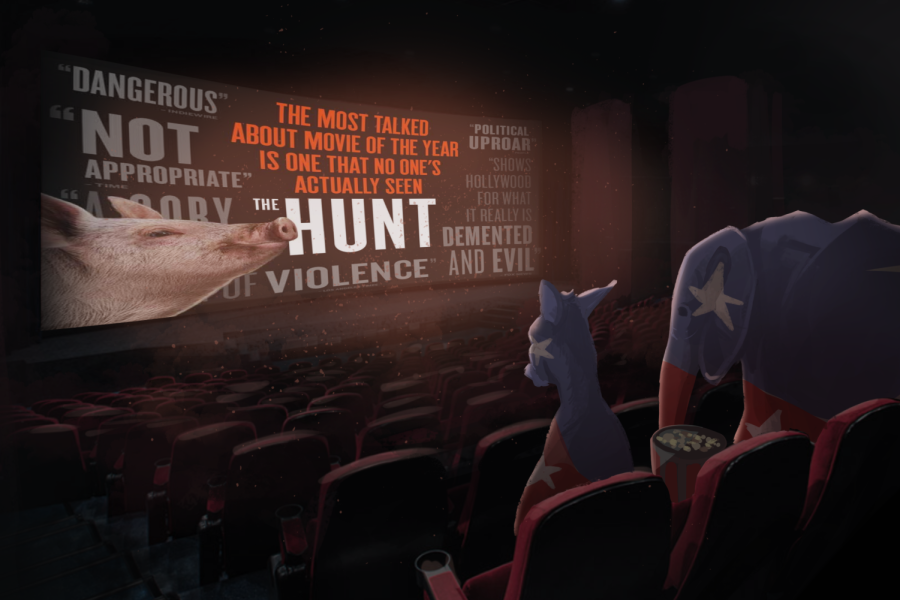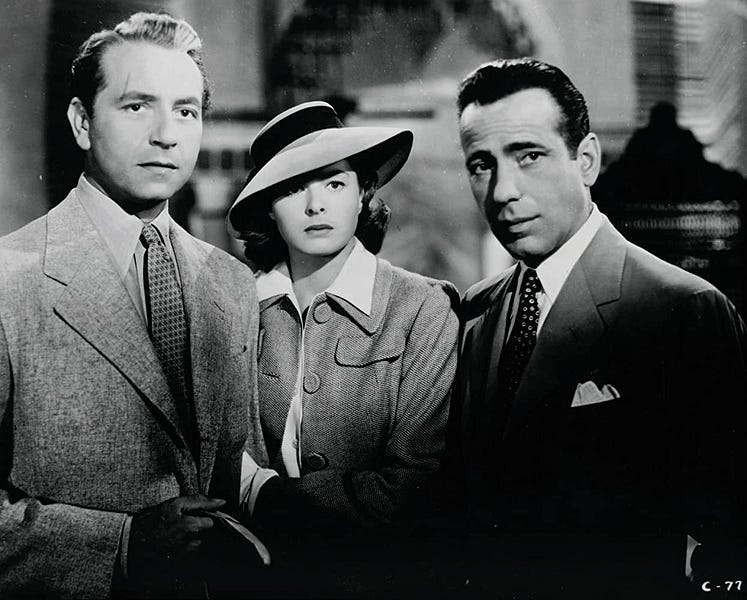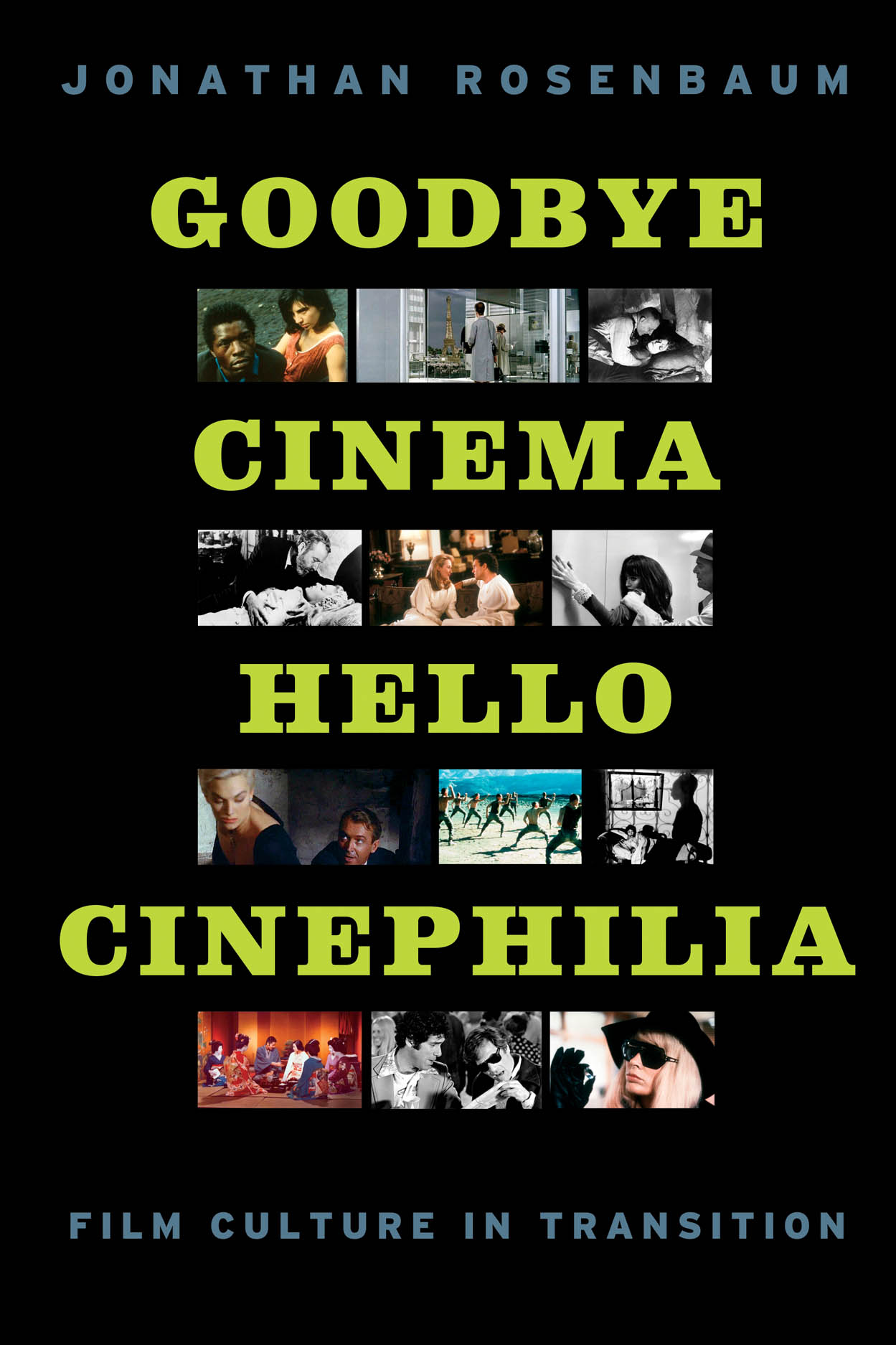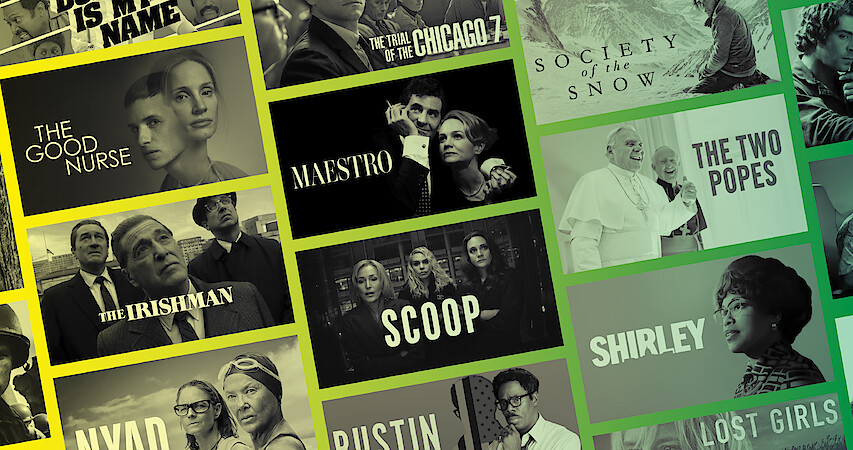Political Satire in Film: A Cinematic Exploration of Society and Power
Introduction: The Art of Satire in Cinema
Political satire in film is a powerful tool that filmmakers use to comment on and critique societal norms and the machinations of those in power. As a genre, political satire has played a crucial role in shining a light on the often absurd realities of governance and politics. Through wit, humor, and sometimes even absurdism, filmmakers craft narratives that encourage audiences to reflect on the political world around them. This first part of the article delves into the roots of political satire in cinema, its evolution, and its impact on society.
The Origins of Political Satire
The origins of political satire can be traced back centuries, but its incorporation into the cinematic medium marked a new era of mass communication and influence. In the early 20th century, as film transitioned from a novelty to a dominant form of entertainment, satirists quickly leveraged its potential. These filmmakers were able to reach wide audiences, presenting their critiques in an engaging and accessible manner.
One of the earliest examples of political satire in film is Charlie Chaplin's 1940 masterpiece, "The Great Dictator." At a time when the world was grappling with the rise of fascism, Chaplin used his poignant humor to criticize dictators and the perils of totalitarian regimes. The film highlighted the ridiculousness of autocrats while delivering a powerful message about human rights and freedom.
The Evolution of Political Satire in Film
Political satire has evolved alongside the changing landscape of cinema and global politics. As societies advanced and political landscapes shifted, the genre adapted, reflecting the complexities of modern governance and societal issues. By blending humor with realism, filmmakers found innovative ways to address a myriad of subjects, from war and corruption to social justice and ethical dilemmas.
Stanley Kubrick's "Dr. Strangelove or: How I Learned to Stop Worrying and Love the Bomb" (1964) remains one of the most iconic examples of political satire. Set against the backdrop of the Cold War, Kubrick’s film delivers a scathing critique of nuclear conflict and the absurdity of mutually assured destruction. Through its dark humor, the film challenged audiences to rethink the logic and consequences of nuclear deterrence policies.
In the 21st century, political satire films such as "Thank You for Smoking" (2005) and "In the Loop" (2009) have continued the tradition of using humor to critique societal norms and political frameworks. By targeting issues ranging from corporate influence to government spin, these films resonate with audiences on both intellectual and emotional levels.
Impact and Influence
The impact of political satire in film extends beyond pure entertainment—it influences public opinion and fosters discourse on sensitive topics. Through exaggeration and ridicule, satire provokes thought and discussion about pressing political issues, potentially swaying public perception and policy.
For instance, Michael Moore's "Fahrenheit 9/11" (2004) used satirical techniques to critique the U.S. government's actions following the September 11 attacks. The documentary’s provocative approach fueled conversations about accountability, patriotism, and the media's role in shaping public opinion.
Moreover, the influence of political satire extends to the way it shapes cultural narratives. By skewering political leaders and systems, films can redefine how societies view power and authority, often demystifying what is traditionally regarded as unquestionable. This inevitable clash between art and authority has led to censorship battles and debates over the role of satire in democratic societies.
The Role of Comedy and Humor
Central to political satire is its ability to entertain while presenting critical commentary. Comedy serves as a unique medium in bridging the gap between critique and entertainment, making complex and controversial topics palatable to a general audience. Humor allows audiences to engage with political issues without the burden of confrontation, transforming polemics into accessible narratives.
The Coen Brothers’ film "Burn After Reading" (2008) epitomizes how humor can be harnessed to lampoon governmental incompetence and the pervasive paranoia of surveillance culture. By using comedic archetypes, the film dissects the influence of bureaucracy and espionage, finding humor in chaos and misunderstanding, thus inviting viewers to see the ridiculousness in situations that often breed fear and anxiety.
As a genre, political satire wields a potent combination of entertainment and critique, encouraging viewers to analyze and question the status quo. This dynamic form of cinema not only enhances audiences' political acuity but also empowers them to engage in informed discussions, thus reinforcing the foundational ideals of democratic societies.
The second part of this article will delve further into the complexities of political satire in film, examining its ethical considerations, cultural implications, and future trajectory. As we explore this vibrant intersection of cinema and commentary, we uncover the myriad ways in which films continue to challenge, entertain, and enlighten audiences worldwide.
Ethical Considerations in Political Satire
The realm of political satire in film does not come without its ethical dilemmas. Navigating the fine line between humor and offense, filmmakers often grapple with the responsibility of their narrative choices. Political satire has the power to unite audiences in laughter and critical thought, but it also can alienate, offend, or misrepresent complex issues when handled insensitively.
One of the primary ethical challenges faced by filmmakers is the risk of trivializing serious political issues. Satire aims to expose and critique, but there is a danger that comedic elements may reduce the perceived gravity of the subject matter. The balance between humor and the earnest representation of political issues is crucial, as miscalibration can lead to misunderstanding or minimizing significant societal challenges.
For instance, Sacha Baron Cohen’s film "Borat: Cultural Learnings of America for Make Benefit Glorious Nation of Kazakhstan" (2006) posed ethical questions regarding the portrayal of cultures and the use of shock humor. While highlighting prejudices and cultural ignorance within American society, the film faced criticism for potentially reinforcing stereotypes under the guise of satire.
Furthermore, political satire must navigate the fine line between freedom of speech and incitement. Satirical films often push boundaries, challenging audiences to reconsider societal taboos. However, this can incite controversy or even hostility among those with opposing viewpoints, occasionally sparking debates over the appropriation of sensitive topics.
Cultural Implications and Global Reach
Political satire in film is not bound by geographical borders; its themes resonate globally, offering universal insights into the nature of power and governance. However, cultural contexts play a significant role in determining how satire is received and interpreted by diverse audiences.
In some cases, cultural differences can lead to varied interpretations of the same film. A satire that is well-received in one region may be perceived as offensive or misaligned with local values in another. This raises important questions about cultural relativity and the universality of humor and satire. As films reach international audiences, filmmakers must be aware of these cultural nuances to effectively communicate their intended message.
For example, the South Korean film "The President’s Last Bang" (2005) explores the assassination of a real-life dictator, Park Chung-hee, using satire to critique authoritarian rule and political corruption. While the film was praised domestically for its bold commentary, its international reception varied due to differences in historical context and knowledge. The effectiveness of satire thus hinges on the audience’s understanding of the cultural and political climate being critiqued.
The global reach of political satire is also influenced by the increasing interconnectedness of modern media. With the advent of digital platforms, satirical films have gained unprecedented access to worldwide audiences, leading to a more profound exchange of ideas and critiques across cultures. This accessibility fosters global dialogues and allows viewers from different backgrounds to engage with diverse perspectives on political satire.
Satire as a Catalyst for Change
Despite its potential pitfalls, political satire in film serves as a catalyst for dialogue, awareness, and, ultimately, change. By presenting alternative narratives and encouraging critical thought, satire challenges audiences to reconsider their beliefs and assumptions about political systems.
Films like "Wag the Dog" (1997), which satirizes media manipulation and political spin, encourage viewers to question the veracity of the information presented to them. In doing so, satire empowers individuals to become more discerning consumers of media and more active participants in democratic processes.
Moreover, satire can inspire activism by laying bare the flaws and absurdities within political structures. When audiences see the stark contrast between satire's exaggerated realities and their lived experiences, it can galvanize action, prompting calls for accountability and reform. Satirical films, through their critical lens, can mobilize public opinion and inspire movements for social and political change.
The cultural phenomenon of political satire in film continues to challenge traditional norms and provoke discourse in increasingly innovative ways. As audiences become more conscientious and critical, the role of satire as an instrument of change is reinforced, showcasing its enduring relevance in a rapidly evolving global landscape.
The Future of Political Satire in Film
Looking to the future, political satire in cinema is poised to evolve alongside technological advancements and changes in societal dynamics. As filmmakers harness digital tools and platforms, they are afforded new ways to engage audiences and experiment with satirical narratives.
Virtual reality and interactive storytelling present unique opportunities for political satire, inviting audiences to actively participate in the satirical experience. This engagement could deepen the impact of satire, offering immersive perspectives that challenge viewers on a personal level. The potential of these technologies to revolutionize the genre is vast, promising more nuanced and dynamic explorations of political themes.
Additionally, as global political issues become increasingly interconnected, there is potential for collaborative satirical works that transcend national boundaries. By bringing together diverse voices and perspectives, such projects could offer holistic critiques of global political phenomena, enriching the dialogue and fostering mutual understanding across cultures.
In conclusion, political satire in film remains a vibrant and influential form of cinematic expression. By balancing entertainment with incisive critique, the genre not only reflects the political zeitgeist but also sparks conversations that drive societal change. As the world continues to navigate complex political landscapes, satirical films will undoubtedly remain a crucial catalyst in shaping the discourse and challenging the status quo. Stay tuned as we continue to explore this dynamic intersection of cinema and politics in the final part of this article.
Challenges and Risks in Modern Political Satire
As political satire continues to evolve, it also faces new challenges and risks—particularly in an era of profound political polarization and heightened sensitivities. These contemporary dynamics influence how satire is crafted, received, and critiqued, presenting unique challenges for filmmakers striving to balance sharp commentary with responsible storytelling.
One of the primary risks is the potential for satire to be misinterpreted or co-opted by the very subjects it seeks to critique. In polarized environments, audiences may selectively interpret satirical messages in a way that reinforces existing biases rather than challenging them. This selective perception can diminish the intended critique, ensuring that satire becomes another tool of division rather than a catalyst for understanding.
Moreover, the prevalence of "fake news" and misinformation complicates the landscape for political satire. Satirical narratives, when taken out of context, may blur the lines between parody and reality, contributing to confusion rather than clarity. In this environment, filmmakers bear the responsibility of ensuring that their messages are clear and that audiences are aware of the satirical nature of the content.
For example, Armando Iannucci’s film "The Death of Stalin" (2017), while praised for its incisive humor, also faced controversy and bans in certain countries due to concerns over its portrayal of historical figures and events. The film’s reception highlights the delicate balance satire must maintain in addressing sensitive themes without creating discord or misunderstanding.
The Role of Audience Engagement in Political Satire
A successful political satire often hinges on audience engagement, relying on viewers’ willingness to question and reflect upon the narratives presented. The interactive relationship between filmmakers and audiences is crucial in maximizing satire’s impact as both entertainment and critique.
Satirical films like "Jojo Rabbit" (2019), directed by Taika Waititi, exemplify this principle. By presenting a comical perspective on serious themes such as war, extremism, and indoctrination, the film invites viewers to engage with difficult topics in a manner that is both approachable and thought-provoking. At its core, "Jojo Rabbit" encourages audiences to critically analyze and discuss the absurdities of hate and prejudice.
Film festivals and online platforms play a pivotal role in fostering audience engagement with political satire. Festivals provide a space for filmmakers to showcase their work, engage with audiences through question-and-answer sessions, and receive real-time feedback. Similarly, streaming platforms facilitate global access to satirical films, expanding their reach and encouraging international dialogue.
As audiences continue to demand content that challenges norms and provokes discussion, filmmakers are called to innovate and adapt, ensuring that their work remains relevant and resonant across diverse cultural landscapes.
The Cultural Persistence of Political Satire
Despite shifting political landscapes and societal challenges, the cultural persistence of political satire in film is a testament to its enduring relevance. By continually adapting to new contexts and technologies, filmmakers have ensured that satire remains a vital part of the cinematic lexicon.
The cultural persistence of political satire is driven by its ability to reflect the nuances of human nature and societal structures. Films like "Network" (1976), which satirizes the media industry and its impact on public consciousness, have become timeless references in the discourse on media ethics, highlighting the genre's lasting influence.
In the digital age, platforms like YouTube and social media have democratized content creation, enabling emerging filmmakers to explore political satire in innovative ways. These platforms empower creators to craft incisive and diverse narratives, potentially reaching wide audiences with fresh perspectives on political issues.
As a dynamic form of expression, political satire continues to inspire both filmmakers and audiences, encouraging them to scrutinize power structures and advocate for change. Its relevance persists not only in film but across various artistic mediums, demonstrating satire's adaptability and capacity to provoke thought and dialogue.
Conclusion: The Legacy of Political Satire in Cinema
The legacy of political satire in film is marked by its ability to merge entertainment with critique, challenging audiences to engage with the complexities of power and society. Through humor, exaggeration, and incisive commentary, this genre has inspired discussions and influenced perceptions across generations.
From early masterpieces like "The Great Dictator" to contemporary works such as "Jojo Rabbit," political satire has evolved to reflect the changing dynamics of society, politics, and media. As the world faces new challenges and debates intensify, the role of satire in facilitating dialogue and understanding becomes increasingly significant.
Ultimately, political satire in film serves as a mirror to society, offering audiences a lens through which to view, understand, and potentially transform their world. As filmmakers continue to explore this potent genre, they contribute to an ongoing legacy of art that speaks truth to power, fostering the critical thinking and discourse essential to vibrant democracies.
In capturing the absurdities and intricacies of the political landscape, satirical films provide more than just laughter—they invite audiences to question, reflect, and, ultimately, participate in the societal change necessary for progress.























Comments